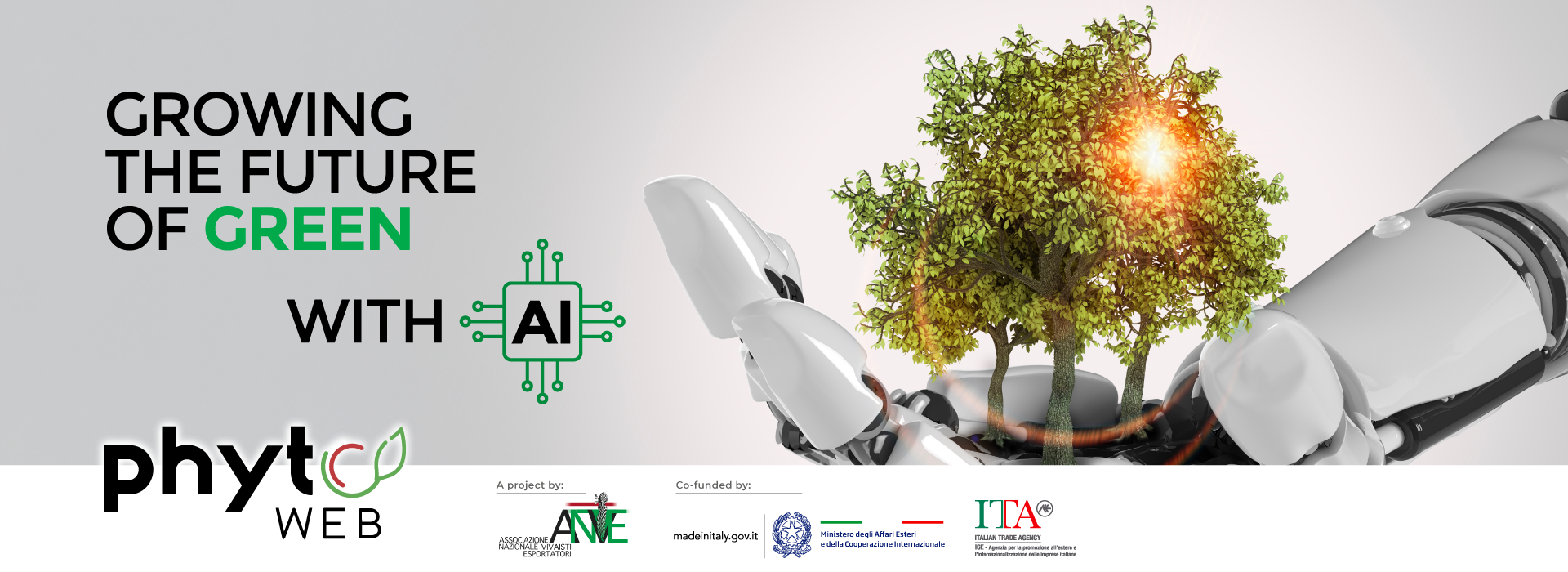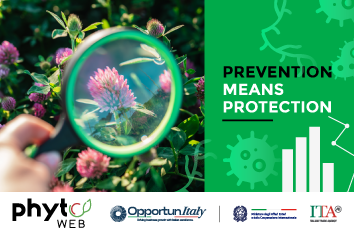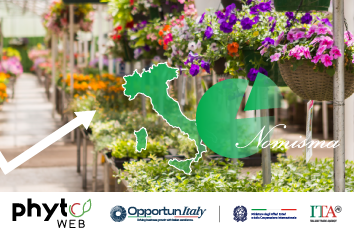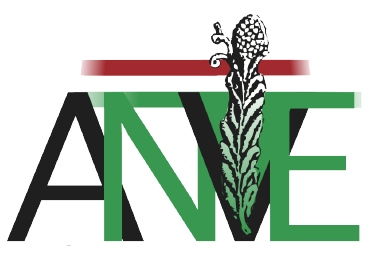Plant nursery industry and AI: a green revolution
- News
- 4 October 2025

The Italian plant nursery industry, guardian of biodiversity, a pillar of local supply chains, and vehicle of cultural identity, is today at a turning point.
Climate crises, new pathogens, water shortage, and geopolitical instability are testing its resilience and competitiveness. But a new ally is emerging in the plant nursery landscape: artificial intelligence.
This is not about replacing the expertise of agronomists, but rather complementing it and amplifying its precision, with tools capable of analyzing data, anticipating risks, and optimizing resources. In doing so, AI is revolutionizing how we can tackle the most devastating threats to the sector and paving the way for a more competitive, future-oriented plant nursery industry.
According to the FAO, up to 40% of global production is compromised annually by plant diseases: a loss that AI can significantly reduce. Thanks to sensors and predictive algorithms, artificial intelligence can:
– Detect phytosanitary risks in advance, such as infestations and plant diseases, preventing invasive outbreaks and improving crop yields.
– Optimize water use by monitoring environmental conditions, minimizing waste, and enabling differentiated, more sustainable irrigation.
– Prevent extreme weather scenarios and safeguard crops, reducing economic losses.
– Integrate climatic, genetic, and soil data to develop targeted, adaptive strategies for each crop.
These capabilities not only help limit economic damage but also reduce dependence on pesticides, with positive effects on both the environment and human health. The results are already visible: an Apulian nursery reduced agrochemical use by 45% by cross-referencing satellite data and leaf sensors through an AI system, predicting ideal conditions for plant development. Similarly, a cooperative in Veneto saved 30% of water resources using differentiated irrigation systems based on a “digital twin” of its crops.
Alongside digital intelligence, platforms such as Phytoweb demonstrate how technological evolution is transforming the daily work of nursery professionals and strengthening the competitiveness of enterprises, with tools like real-time phytosanitary risk analysis and operational instructions for pathogen prevention.
While AI is transforming the way plants are cultivated and protected, its impact also extends to relationships and dynamics across supply chains, markets, and territories. AI can support the creation of interconnected production ecosystems based on data sharing, knowledge exchange, and collaboration between nurseries and institutions, increasing the resilience of the system and improving its response to critical events.
Thanks to its agronomic tradition and the recognized quality of its production, Italy is well-positioned to lead this digital revolution, facing future challenges through the balance between productivity, environmental protection, and intelligent automation.
The collaboration between AI and human expertise can determine the success of this transition, making the plant nursery industry more innovative, resilient, and sustainable.
ULTIME NEWS

Plant safety: EFSA highlights 47 emerging phytosanitary threats
The EFSA (European Food Safety Authority) has recently updated the list of priority pests for the European Union, identifying 47 species that require attention, monitoring, and strengthened quarantine measures.

Prevention, quality, sustainability: the value of effective monitoring
Amid climate change, international trade, and growing phytosanitary pressure, promptly identifying and preventing harmful organisms has become essential.

Nomisma report: the italian plant nursery industry between growth, competition, and new challenges
The plant nursery industry continues to represent one of the flagship sectors of Made in Italy. With well-established production districts, significant economic value, and a key role in international markets, the industry remains a pillar of the national economy.


